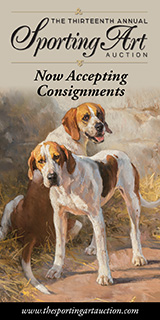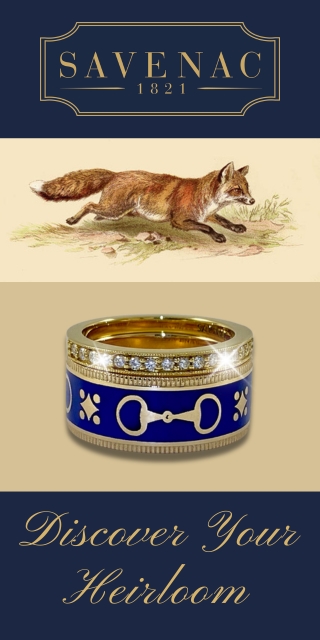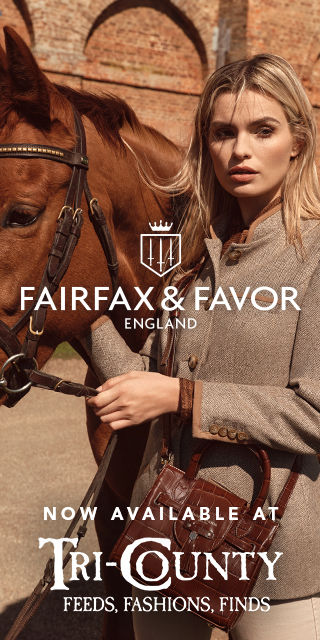October 24, 2015
Hunters’ Moon
With this issue of FHL WEEK appearing the morning after the annual Hunters’ Moon,* we consider this poem especially appropriate!
Illustration by Gilbert Holliday
By Edric G. Roberts
The horizon, sapphire and amethyst,
Pales in the East and soon,
Like a copper shield through the evening mist,
Rises the Hunters’ Moon.
On the turnpike road every hoof-beat sounds
Clear in the frosty air,
As the Whip jogs home with the straggler-hounds
Jostling his weary mare.
The Great Hound Match of 1905: Alexander Henry Higginson, Harry Worcester Smith, and the Rise of Virginia Hunt Country
This book will be launched at the National Sporting Library, Middleburg, Virginia, on Sunday, November 8 at 2:00 pm. Author Martha Wolfe will speak and sign books.
Review by Martha A. Woodham
The Great Hound Match of 1905: Alexander Henry Higginson, Harry Worcester Smith, and the Rise of Virginia Hunt Country by Martha Wolfe, Lyons Press, 2015, Hardcover, 224 pages, $22.95Before Virginia became the epicenter of foxhunting in the United States, two men staged a contest to determine which was hound was better suited for hunting in America—the heavy, biddable English hound or the ill-mannered American hound that ran like a screaming banshee.
In The Great Hound Match of 1905: Alexander Henry Higginson, Harry Worcester Smith, and the Rise of Virginia Hunt Country, author Martha Wolfe sets a fictionalized version of this competition against the history of foxhunting in Virginia. She has written a wonderful account of the battle between two wealthy men—Higginson and Smith—with egos to match their fortunes, each adamant that his hounds were the best.
Set in an optimistic America just recovering from the 1893 depression, the match was very much a stuffy Old World versus the brash New. Against this background, Wolfe gives us a portrait of the vastly different men—Higginson, the gentlemanly foxhunter, and Smith, who liked his hounds intuitive, impulsive, independent, and to show “initiative...like any full-blooded American.” According to the author, “Smith and his [Grafton] hounds were mongrels—bold, forward, and independent to a fault. Higginson and his [Middlesex] hounds were the refined, reserved elite—passively aggressive, methodical, accustomed to queuing, happy in a crowd of equals.”

















